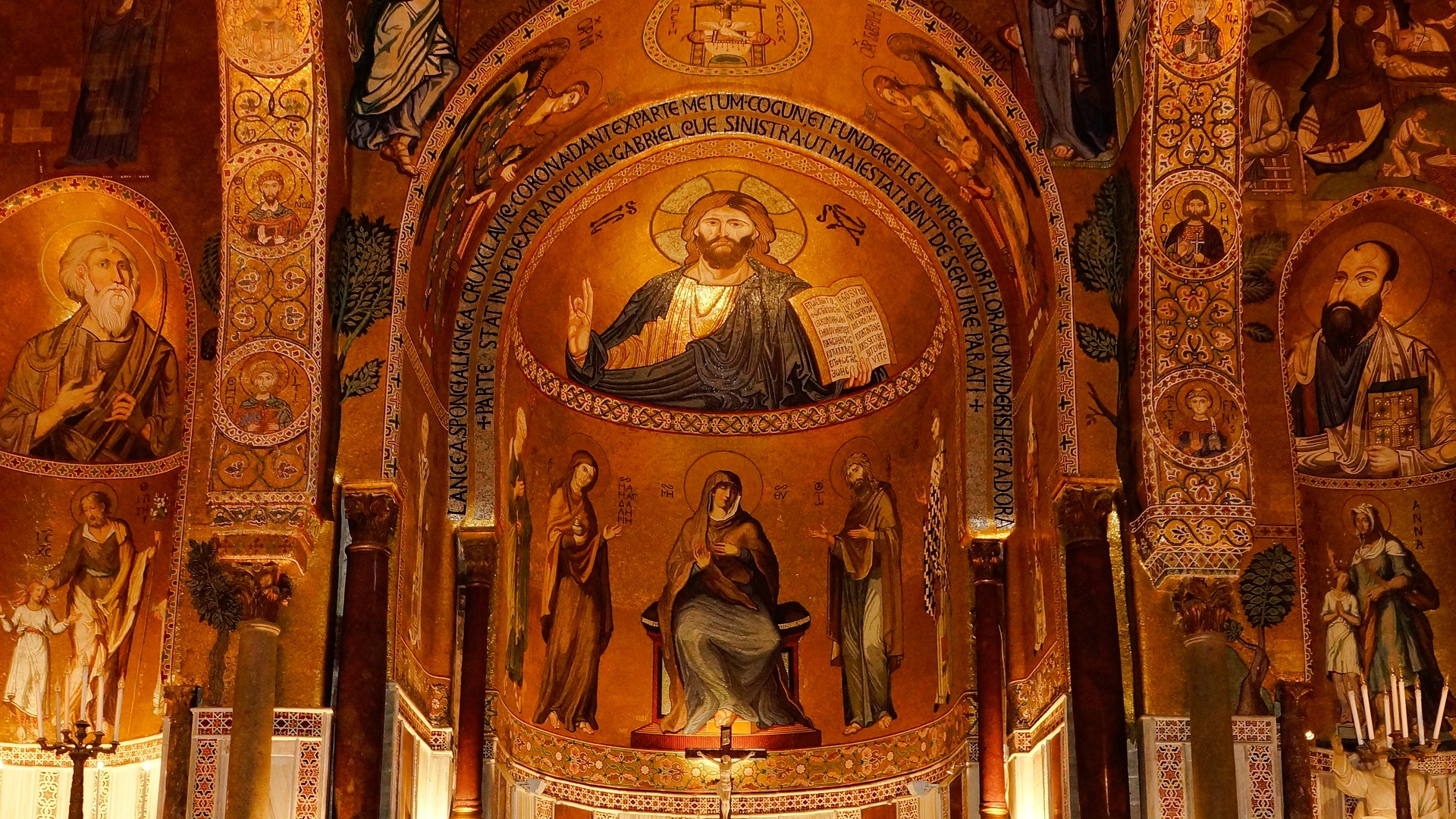This might surprise you, but Halloween was not originally about trick or treating or candy. Like many of our holidays, Halloween is not what it once was. While the origin of Halloween is debated, we know that in the 8th century, Pope Gregory III designated November 1st as All Saint’s Day. That is the day on the Liturgical Calendar dedicated to honoring the dead, including saints. Historically, a saint was also known as a hallow, an Old English word for “holy person.” The evening before All Saint’s Day was known as All Hallows Eve.
We can debate back and forth about whether or not it is a pagan holiday that Christians attempted to coopt or vice versa. My point is that the origin of the day, for the Church, was about honoring saints and loved ones who had gone before us. Over time, the original intent of All Hallows Eve has been lost and commercialized.
It is important to recognize and honor those that lead our Christian faith. These “saints” established our churches, served countless hours, and gave significant amounts of money, of which we are the beneficiaries. Without their sacrifice and their examples, where would we be? They truly left behind a legacy; whether on October 31st or November 1st, we should honor and remember those faithful “saints.” Who was a “saint” in your life that you can honor this season?
Many of you had Christian grandparents and parents. Those that didn’t, wish they did. Even if you did not have a Christian upbringing today, you benefit from your spiritual fathers and mothers in the faith by being here. They believed and gave their lives serving and sacrificing to advance the Kingdom. We honor them. We thank God for their lives.
Each generation of the Church builds upon the legacy of the last generation. We stand upon the foundation of the Saints. As we approach today’s offering, know that you are building upon that foundation for today and the generations that follow.


